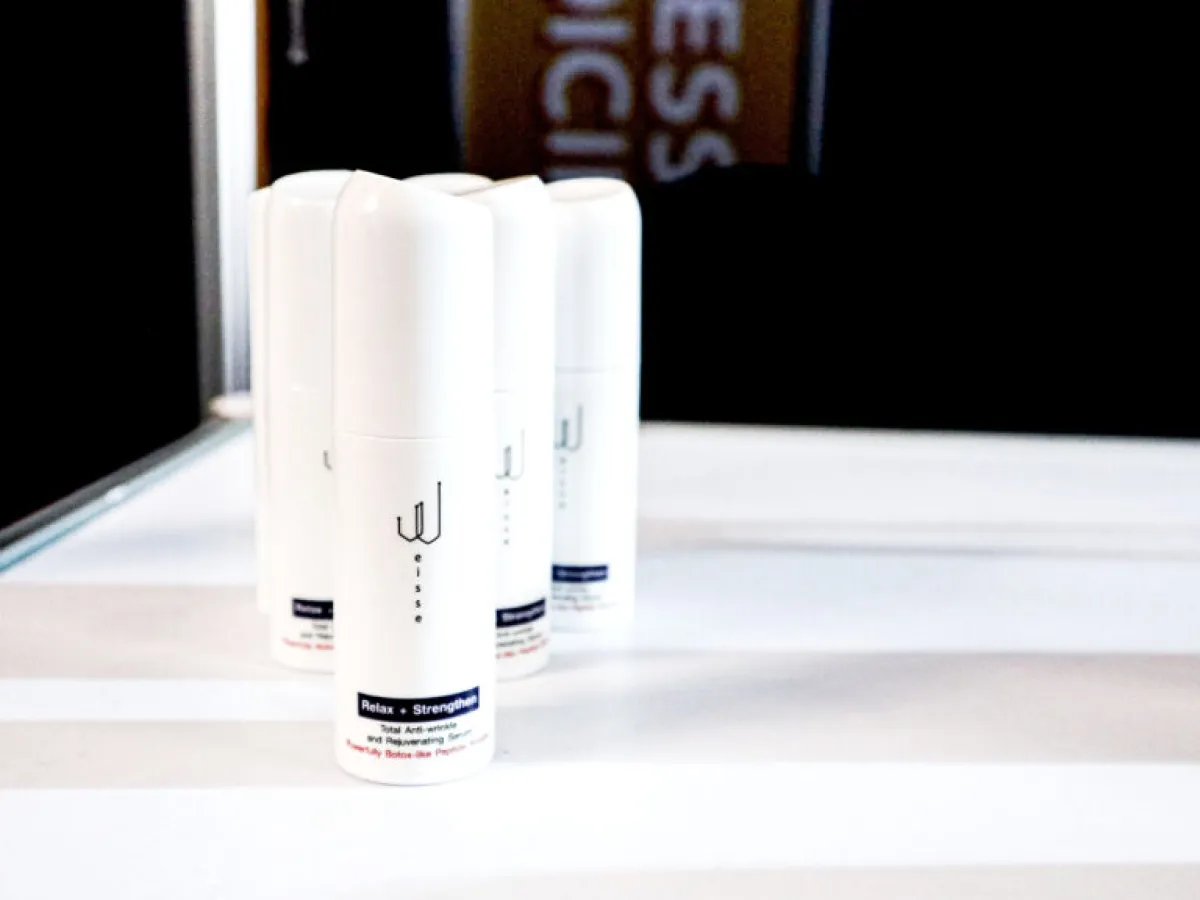
Thailand, a country in the tropical zone with high temperatures, sees its population constantly battling intense sunlight, leading to increased risk of skin cancer, particularly melanoma. Therefore, protecting the skin by applying sunscreen before leaving the house is essential. Currently, Thai people face skin health issues resulting from UV radiation, such as dark spots, premature skin sagging, and common oily skin or T-zone problems. When sunscreen is used, issues like excessive whiteness or the need for reapplication during the day often arise, which can lead to clogged pores and acne. This is usually caused by ingredients in general sunscreen that make the texture sticky and consist of round molecules. When these molecules collide, gaps or joints form, allowing UV rays to penetrate and damage the skin.
Thai researchers have developed an innovative sunscreen, "Weisse", applying nanotechnology knowledge to create a sunscreen derived from hexagonal calcium carbonate nanoparticles. These nanoparticles closely pack together, leaving no gaps, providing the highest level of UV protection. This innovation has been developed by Dr. Jaruspat Prueksarattanawut from Chulalongkorn University.
The research team has been committed to developing sunscreen suitable for Thai skin and addressing the current limitations of sunscreen. The "hexagonal" particles, when colliding, fit tightly together, reducing the chance of gaps. The hexagonal angles of the calcium carbonate nanoparticles efficiently disperse or reflect light, enhancing natural skin brightness. Importantly, the natural properties of the hexagonal particles contribute to a lightweight, non-sticky texture, easily washed off with gentle soap or facial foam, reducing pore blockage and acne occurrences.
Weisse sunscreen stands out not only due to its innovative hexagonal technology providing profound sun protection but also incorporates natural skin-nourishing ingredients such as Alpha arbutin and Vitamin C. Additionally, it uses Encapsulation technology to stabilize, deliver, and release these nourishing substances to targeted cells, thereby nourishing the skin from within. As a result, dark spots appear lighter, and the skin appears brighter.
Data updated on April 24, 2023
Source: National Science and Technology Development Agency (NSTDA)
Tel. +66 2564 8000